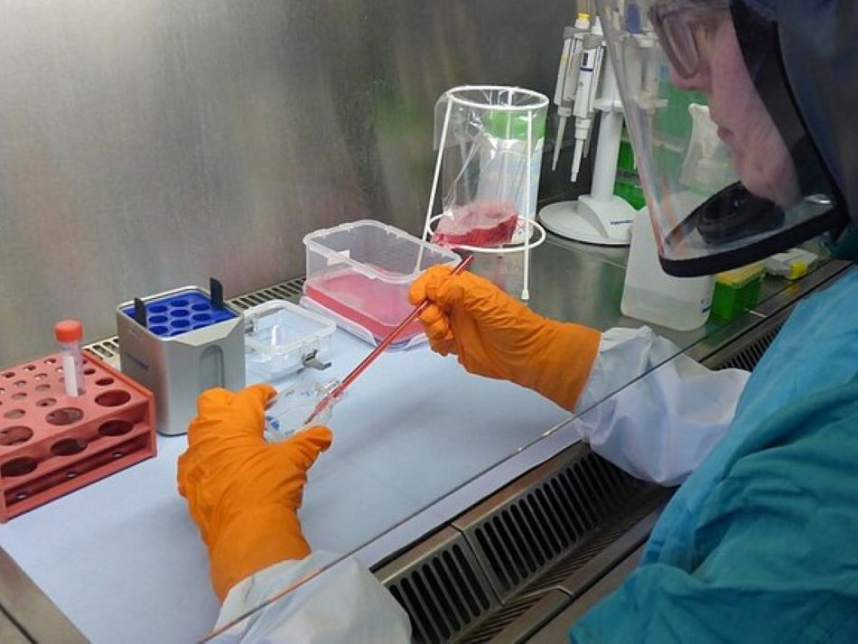
A new method for attacking the Ebola virus using tiny antibodies derived from alpacas is showing promise in the laboratory, researchers reported in PLOS Pathogens.
The researchers developed two new Ebola virus nanobody inhibitors. Nanosota-EB1 blocks the ability of the virus to attach itself to cells, while Nanosota-EB2 targets a critical component of the virus necessary for cell entry, halting its spread.
In laboratory experiments in mice, the two nanobodies reduced the Ebola fatality rate to 16%, from 83% without treatment.
Ebola belongs to a class of viruses called filoviruses, for which there are two U.S.-approved human antibody drugs - Ebanga from Ridgeback Biotherapeutics and Inmazeb from Regeneron Pharmaceuticals.
The researchers from the University of Minnesota said nanobodies would offer advantages such as easier production, transportation, and storage and the potential for intranasal administration. They can also be rapidly adapted to target other viral variants or related viruses, the researchers added.
The study was carried out with funding from the U.S. National Institutes of Health.